In the tapestry of career exploration, individuals with ADHD (Attention Deficit Hyperactivity Disorder) often find themselves traversing a terrain fraught with unique challenges and opportunities. The quest for professional fulfilment can be particularly daunting, as the conventional pathways may not always align with the distinct strengths and preferences of those navigating with ADHD. Unlocking ADHD’s webinar, “Unlock your potential: Career Strategies for ADHDers”, taking place on Wed 27 March,8-930pm, aims to share some insight and practical strategies for ADHDers in navigating their career journey. We interviewed Sher-li Torry, founder and director of Mums@Work (Singapore) and one of the speakers for the webinar to find out more about her experience with ADHDers and what attendees could expect.
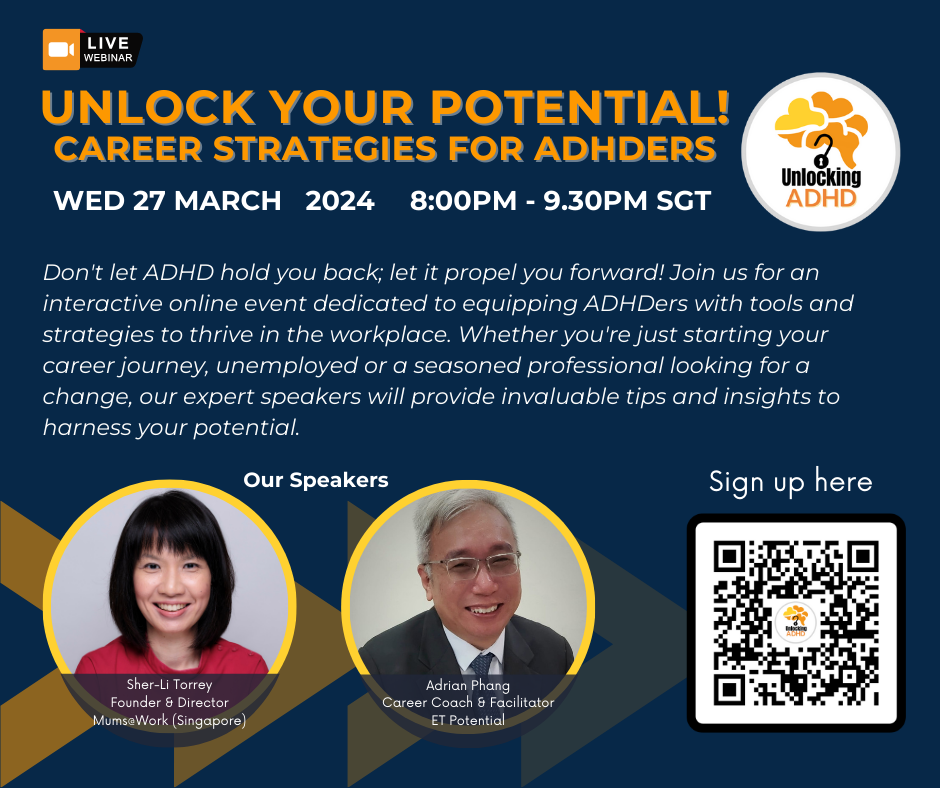
Can you tell us about your background and experience in working with individuals with ADHD in the context of career development?
Prior to Starting Mums@Work in 2010, I was in Career Coaching – as head of the Office of Career Services at Lee Kuan Yew School of Public Policy (NUS) and thereafter for 2.5 years as Head of the Postgraduates Team for Office of Career Services, Singapore Management University. That was the first time I met youths with ADHD – who were seeking out career advice.
From 2010, when I started Mums@Work, I also adjunct lectured at a polytechnic – specifically in Communication + career services topics. Over the last 14 years, every term, I would have about 3-5 students (per ½ year term) diagnosed with either ADHD, Anxiety, Dyslexia or other learning needs. Because of such situations, part of my work has been to teach (1) resume writing (2) interviewing skills and (3) elevator pitch to all my students. With my students that have indicated they need extra help during their SEN, I have specific methods to teach them how to handle the job search process.
What unique insights or strategies do you bring to the table that can benefit individuals with ADHD in their career journeys?

At Mums@Work, my role involves hiring, so I work directly with talent acquisition departments, HR managers and often the actual hiring manager. I get to see what they really are looking out for (e.g. what we call an EMPLOYER-LED resume vs just a normal resume) so this helps me to think what an ADHD job seeker would worry about, and what he/ she can say to allay the fears of the hirer during the interview.
Through my work with the youths in poly and my work with the parents of youths (through Mums@Work), I get to see some of these concerns upfront. So, in a way, I am able to sit with both ends of the job search process (Job seeker + Hirer) and this allows me to have a more strong overview of what needs to be communicated in order for an ADHD person to secure a role that suits him/ her and also look out for a hiring manager that can partner him/ her to thrive at work.
Why do you believe this webinar is important for individuals with ADHD who are navigating their careers, and what do you hope to achieve through your participation?
I think any type of career talk is important, not just for ADHDers. The more often we can step back to think about what (1) we bring to a job and (2) what challenges we may face or are facing – the more we can approach it in a problem-solving manner.
What do you hope attendees will take away from your presentation at the webinar?
There’s a lot of ground to cover and I hope that attendees will leave with some understanding of how employers think, and perhaps come up with specific strategies on how to answer those concerns of an employer and push out their own personal brand.
I also hope that ADHDers realise they have talent to offer any organisation. Their job is really to find either:
- the correct job duties/ roles (e.g one that allows breathing space in between projects)
- the most suited manager/ supervisor (I find that for many individuals with SENS, a good manager that can guide you e.g. mark the guidelines for a project, specify dedicated check-in times per week, to report on follow-up duties etc)
- the best work environment/ culture for them
With that said, I also think it is very powerful for any individual to be aware of their strengths and limitations. So maybe this talk gets that message across.
Sign up for the webinar here.





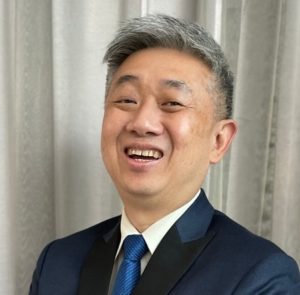







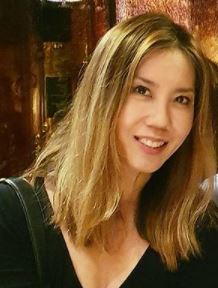













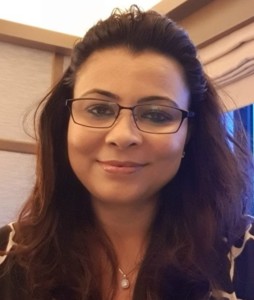







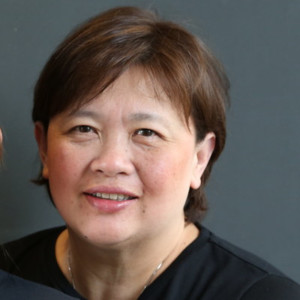
















Leave a Reply